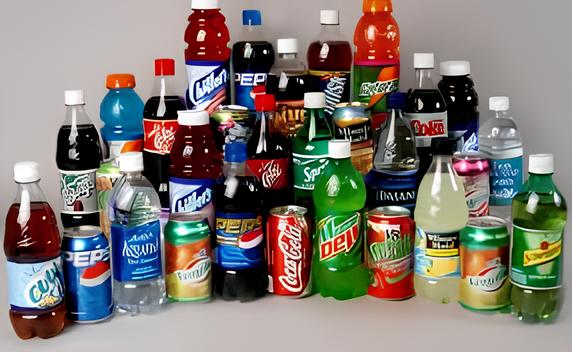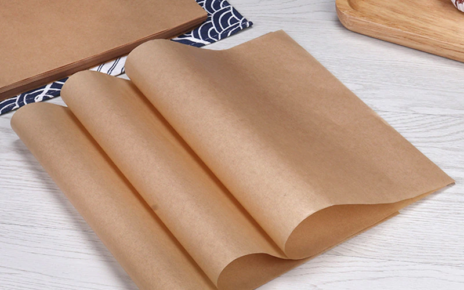Dr. Hüseyin Kâmi BÜYÜKÖZER
Muslim consumers should know that there is no difference in conditions and dangers whether they live in America, Europe, or an Islamic country like Turkey. We live an expatriate life everywhere. This humiliation will continue until the 2 billion Islamic Ummah wakes up.
I would like to explain in general terms the issue of non-alcoholic (!) drinks (soda, cola, fruit juice, colored drinks and others), which we have been trying to find a solution to for years and which caused serious discussions in 2006-2007. Long before these events appeared in the media, we were trying to make people aware of our stance against carbonated drinks and the alcohol they contain. Before moving on to the analysis reports of ethyl alcohol (a type of alcohol that causes intoxication and is considered haram) found in 10 soda types by TÜBİTAK and the issue of accepting products containing less than 0.3% alcohol as “non-alcoholic” in the Turkish Food Codex Non-Alcoholic Beverages Communiqué, the issue of alcohol in fizzy drinks should be discussed. needs to be understood.
So what is this alcohol issue and what does it have to do with carbonated drinks? As it is known, most carbonated drinks contain flavors and colorants. Flavors and colorants are additives in the form of oils, and they do not dissolve in the product they are added to, just like olive oil and water do not mix. If they are insoluble, the main purpose, taste and color, cannot be achieved. Solvents are needed to carry out this dissolution process, and the most commonly used ethyl alcohol is attractive to manufacturers because it is cheap. If we leave aside other additives such as acesulfame-k and aspartame, which carry health risks, the problem of ethyl alcohol starts at this point. As it is known, if a drop of alcohol is added to a pot of milk, that milk becomes haram and impure. Likewise, ethyl alcohol used as a solvent in production or for any other reason makes that product haram and impure. The amount of alcohol added is not important here. However, many fatwas have been given through false analogies to show this as permissible. I would like to give an excerpt from our old articles on the subject.
“The basis of the fatwas given today regarding carbonated drinks are as follows;
“The impure waters will not become dirty if they are ‘big water'”
“Whatever makes a lot of people drunk, even a little bit of it will be haram”, therefore, “If a person does not make a lot drunk, a little or a lot of it will not be haram”,
They make ijtihad by comparing the provisions of “Wine will turn into vinegar by chemical processes such as adding salt to it” and “When a small amount of haram is added to a certain amount of a large amount of halal, the mixture will not become haram.”
All of these “qiyas” and “ijtihad” are invalid in many respects. Our fiqh books explain these with evidence. We always explained it in GIMDES. Be careful!





